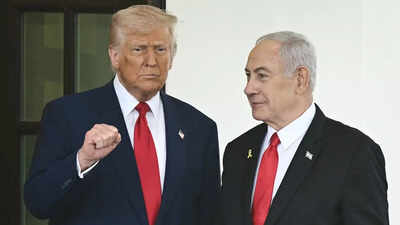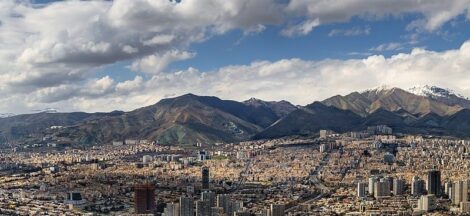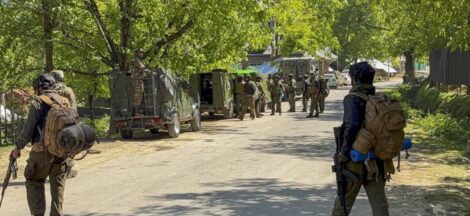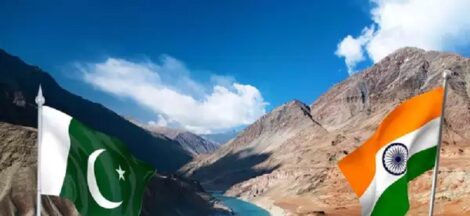A powerful Shiite religious decree from Grand Ayatollah Naser Makarem Shirazi has designated US President Donald Trump and Israeli Prime Minister Benjamin Netanyahu as “enemies of God,” urging Muslims worldwide to unite and confront both leaders. The fatwa, issued on 30 June 2025, warns that any threats against Iran’s Supreme Leader or senior Shiite clerics qualify as “mohareb” — a serious crime in Islamic jurisprudence that can warrant execution, limb amputation, crucifixion or exile.
Makarem stated that the directive targets those perceived as threatening the unity and leadership of the global Islamic community, the Ummah. He emphasised that anyone supporting or cooperating with these “enemies” is acting against religious duty and has declared such support “haram”. The edict concluded with a prayer for protection from these adversaries and a call for the swift reappearance of the Mahdi, a messianic figure in Shiite theology.
This fatwa follows intense military clashes between Iran, Israel and the United States. Beginning 13 June 2025, Israeli airstrikes targeted Iranian nuclear and military installations, reportedly killing senior scientists and commanders. In response, Iran launched ballistic missiles at Israeli urban centres. The United States subsequently joined and struck three of Iran’s nuclear facilities, prompting Iran to retaliate with missiles at a US base in Qatar.
Under Iranian law, individuals labelled as mohareb face some of the harshest penalties possible. This designation carries immense symbolic weight, effectively framing the fatwa as a call to spiritual and possibly physical mobilisation. Makarem claimed that any Muslim suffering losses in defending these leaders will be spiritually rewarded as a fighter in God’s path.
Makarem Shirazi, a senior authority within Shiite Islam’s religious hierarchy, holds significant influence through his role as a Marja, a clerical position responsible for interpreting Islamic law. His fatwa reflects a broader clerical strategy. In 1989, a similar decree from Ayatollah Khomeini against author Salman Rushdie oversaw violent outcomes, including the stabbing of Rushdie in New York in 2023. That precedent underlines how fatwas can shape hardline behaviour beyond Iran’s borders.
International reactions remain muted, though the timing and severity of the fatwa could exacerbate tensions in an already volatile Middle East. Tehran’s targeting of US and Israeli assets has alarmed Western capitals, while Tehran insists its actions are defensive and meant to protect the integrity of its leadership against foreign aggression.
This decree amplifies sectarian fault lines. It arrives as diplomatic efforts to de-escalate the region face mounting difficulties. The fatwa may further rally Iran’s conservative religious base, yet potentially isolate it from moderate Muslim voices uneasy with calls for violence. Though not legally enforceable outside Iran, its spiritual authority could inspire fringe groups or individuals sympathetic to Makarem’s stance.
The fatwa broadens the ideological battlefield, layering religious doctrine over geopolitical conflict. It presents a challenge for global diplomacy: how can societies engage with an Islamic legal pronouncement that sanctions hostility against foreign leaders? Its resonance within parts of the Muslim world remains uncertain. Yet given Iran’s capacity to influence non-state actors, the fatwa cannot be disregarded as mere rhetoric.
With escalating rhetoric and recent military engagements, there are rising concerns about further violent reprisals. Governments in Europe and North America are watching carefully, weighing the fatwa’s implications for international security and counterterrorism strategies. Political analysts warn that the declaration could serve as a recruitment tool for extremist elements seeking religious justification for violence.
Hardline factions within Iran have welcomed the directive. One senior cleric felicitated Makarem’s decree as a reminder of Iran’s spiritual resilience, reinforcing the narrative that global threats require doctrinal defence. Meanwhile, reformist and moderate voices in Tehran urge a more cautious diplomatic approach, warning that such pronouncements could provoke more conflict and undermine efforts to seek reconciliation.




